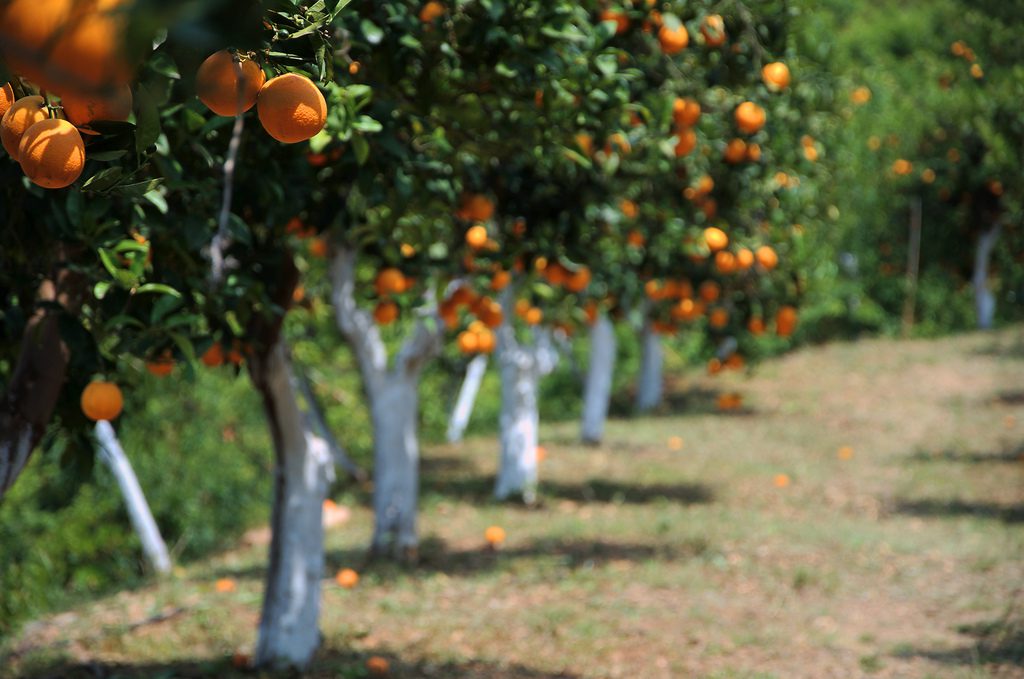A Florida citrus grower has suggestions for fellow growers concerning psyllid insecticide resistance report.
In a prior blog, we discussed how a seminar at the Citrus Expo featured a report about psyllid insecticide resistance. Lukasz Stelinski, an entomologist with the University of Florida’s Institute of Food and Agricultural Sciences (UF/IFAS), reported that the frequent use of insecticides, “particularly the neonicotinoid group of insecticides in Florida,” have led to the insecticide resistant psyllids. “We reach a point where we can’t apply enough (insecticides),” he said. Citrus grower Lee Jones shared his thoughts on Stelinski’s report in a Citrus Industry piece. Read the highlights below.
Grower Thoughts on Psyllid Insecticide Resistance
One of the recommendations from Stelinski is that rotating the insecticides used would help to fight the psyllid insecticide resistance. Jones shared one option for fulfilling that rotation. He suggested “that October to March window as an application window for the imidacloprids (a type of neonicotinoid) because the imidacloprids have got a zero-day PHI (pre-harvest interval), so we can get in there and harvest.” This would allow growers to go into the grove just one day after applications, saving other types of insecticides for other applications.
Jones adds that really communicating and cooperating as an industry, such as everyone applying imidacloprids October to March, would really make a difference in psyllid insecticide resistance. “I think if we all get together and do that as an industry, we can reverse that resistance buildup of the psyllids.”
Additional Thoughts on Reduced Psyllid Sprays
Jones also commented on the Citrus Expo’s report that growers were reducing psyllid sprays to save money, mainly for bactericide use. “I don’t think we’re going to see an immediate result of that (reducing psyllid sprays), because it’s going to take time for the bacteria to build up in the phloem,” he says. “But it’s really concerning about two years down the road, in my opinion, because I think that we could potentially see an increased tree death and fruit drop … if we don’t stay on top of psyllid control.”
Griffin Fertilizer is committed to helping both growers and ranchers make sound agronomic and economic decisions in order to maximize the health of their grove and pasture. As a full-service custom dry & liquid fertilizer blender and crop protection product distributor, we will continue our mission to further advance Florida agriculture. For questions or concerns about your farm or pasture, contact us and one of our team will be in touch.
Photo courtesy of Rolf F. Katzenberger.

